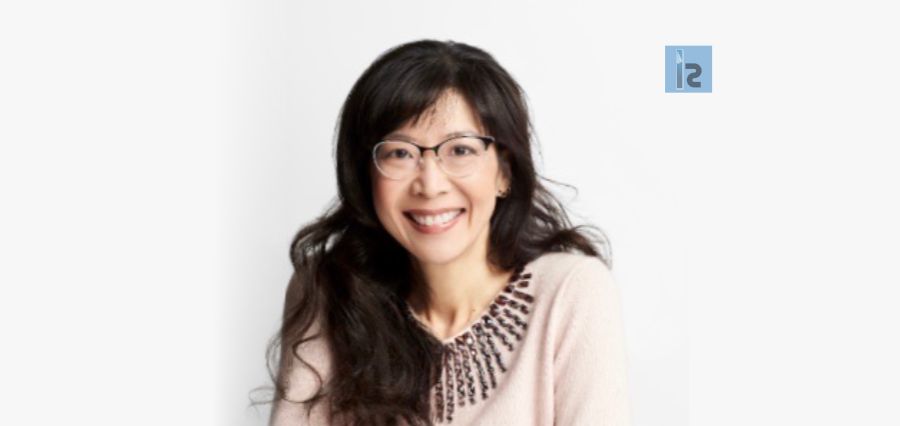COVID-19 presented multi-faceted challenges to individuals, families, companies, and communities. No one person’s experience has been the same, and we have all had different feelings about different aspects at different times; even the length of time has impact – on the sustainability to endure, on life decisions, on matters of priority and politics. It has been a global challenge yet polarizing in responses.
When we apply this to technology innovations, disruptive mindsets, and crisis remediation, my prevailing thought is how the answers were fairly universal. While solutions may be specific and nuanced, the broader headline is simple and consistent – think about the people first, and make good decisions based on the positive intention to support those people. If the thinking and decision making was sound and crisp, revenue and support were sure to follow.
For me as a COO, mother, daughter, wife – it is my responsibility to keep people safe and thriving. In my experience, that means a lot of active listening and compassion. This is where the EQ that I have or have built over time is leveraged and stretched, but every day I feel it is a blessing to be in the position I am to be that catalyst. My empathy for how people are feeling and experiencing this pandemic has allowed me to make good decisions about things related to balancing work and life (employees who are straddling working remotely with caregiving and home schooling small children, caring for colleagues who are struggling with quarantined isolation and depression, creating processes and workflows to keep employees safe when it’s essential they are in a physical location to properly do a job); COVID-19 has been a forcing mechanism for a lot of people to work in a distributed environment, but also illuminated the need for employers to think with a tribe mentality and look after their people as humans first. The human connection is what is going to help us get through this pandemic together.
Realizing this intersection or overlap between work and personal life, I began feeling a more acute and urgent need to be an ambassador of positive change. To see it, is to say it. The Reverend Dr. Martin Luther King Jr. stated, “He who passively accepts evil is as much involved in it as he who helps to perpetuate it. He who accepts evil without protesting against it is really cooperating with it.”
All to say, I feel my privileged position is a platform to advocate for change and positive momentum in all areas – social and political reform, how we do business, how we reconcile revenue growth in such a dynamic environment, and what innovations can be made to better the ecosystem for years to come. A lot of this is empathy and mindset, but so much is also using technology and new ideas to completely reinvent status quo. 2020 was riddled with a variety of challenges in the independent adjuster world, and I am so proud of the hard work and grit that our employees demonstrated in the face of adversity – the single biggest contribution to our success as a company was our human capital feeling psychologically and physically safe and supported. The ways we were able to give that to them (and our clients) was through a blend of talent management sprinkled with a heavy dose of ingenuity and technology investments. E. A. Renfroe understood that our employees were leaning on us to support them mentally and financially. We had to reach 17,000 employees without coming face to face with nearly any of them. We accepted that challenge, in the face of the pandemic coupled with 2020 having the most named events in U.S. natural disaster history. The magnitude and gravity of the situation could not have been a bigger challenge, but with the grace of our executive team and all the wonderful people in both the corporate office as well as in our project teams, we not only survived but thrived.
For me, walking out of that calendar year feeling as positive about the future as I do is a signal of how important the work we do truly is. As leaders in any industry, as well as being members in our families and communities, we have shared accountability to get things right.

Amy Schoemehl | Chief Operating Officer | E. A. Renfroe & Company

